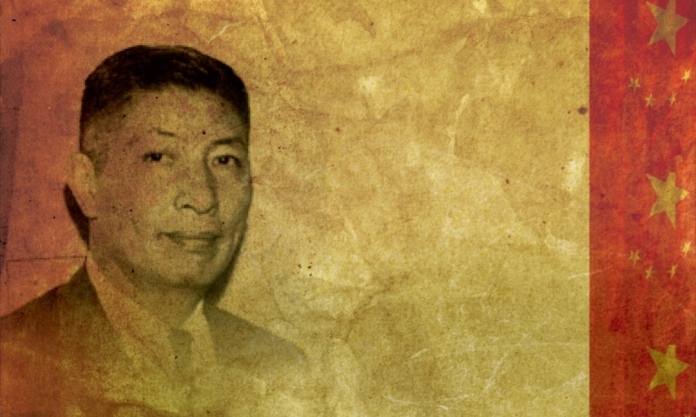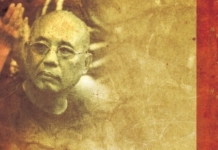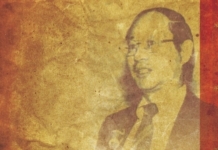Li Guoding (李国鼎), known as Li Kwoh-ting in Taiwan, transformed the island from an economy based on agriculture to the world’s leading supplier of semiconductors. No wonder he’s referred to as Taiwan’s “godfather of science and technology”.
Born in Nanjing on 28 January, 1910, Li had for an ancestral home, the not-so distant Li Keng Village in Wuyuan of Huizhou District in Anhui Province’s Huangshan City.
In 1930, Li Guoding graduated from the Department of physics of Central University (now the school of physics of Nanjing University) and became the university’s honorary Chairman of the Board of Trustees.
Aged 24 and then in the UK, Li came first in a Mathematics examination, winning a scholarship to remain in Britain and going on to study physics at Cambridge University.
When the Sino Japanese War broke out in 1937, he returned home to play his part, saying later that he would have never been at peace with himself otherwise. During the war, Li participated in the air defence photogrammetry force and wartime steel production.
Li’s ultimate calling became manifest in 1948, when he went to Taiwan to successively hold important positions in the island’s economic, financial, scientific and technological development departments. Therein, Li promoted the construction of processing export zones and scientific industrial parks.
Most importantly of all, for what would turn out to be the future, Li advocated for the development of the information, semiconductor and other high-tech industries.
In June 1993, at the invitation of the World Bank, the National Economic Reform Commission and the Ministry of Finance, Li returned to the mainland and met with then President, Jiang Zemin.
Little wonder therefore, that Li was also an accomplished author on economics. Among his many works; “Economic Transformation of Taiwan Economy” (Shepheard-Walwyn; 1988) and “Evolution of Policy Behind Taiwan’s Development Success” (World Scientific Publishing; 1988).
Li died on 31 May, 2001, at the National Taiwan University Hospital in Taipei. He may have passed away, but his legacy for economic development lives on in Nanjing to this day.
During the 1990s, Li had had been a regular at his alma mater, renewing friendships and discussing plans for the university’s development.
Such visits laid the foundation for the “Li Guoding Forum”, initiated a year after his death and held in Nanjing and Taipei in turn each year.
Recognition for Li has also extended far and wide. He was awarded the Ramon Magsaysay Award, established to perpetuate the former Philippine President’s example of integrity and public service.
Elsewhere, Li also received an honorary doctor of law degree from the Chinese University of Hong Kong.
Then there are the almost limitless initiatives paying homage. Most noteworthy are four professorships at Stanford University in his name, in the disciplines of Chinese culture, economic development, engineering and medicine.
Li’s former residence in Taipei is now a museum, dedicated to showcasing the economic development that Li was instrumental in realising in his adopted home.












